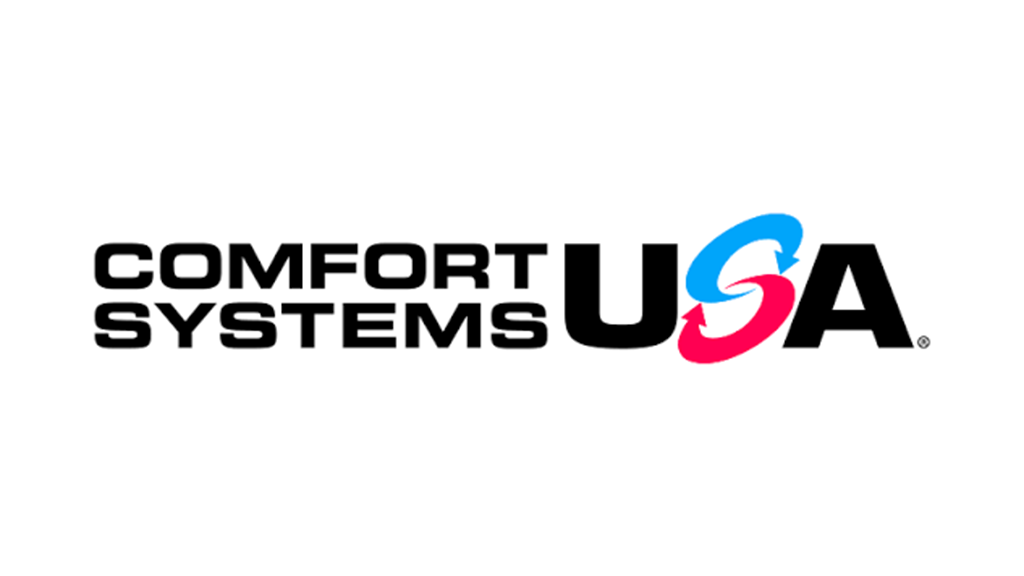Darcy Eikenberg, PCC
Leadership Coach

Darcy Eikenberg, PCC
Darcy Eikenberg, PCC is an executive coach and leadership speaker who teaches leaders how to help their people stay. A former partner in global HR consulting firm Hewitt Associates (now part of Aon), her clients include Mondelēz International, PwC, Workday, Discover, State Farm and more. She’s the author of “Red Cape Rescue: Save Your Career Without Leaving Your Job,” and shares leadership stories & strategies each week at RedCapeRevolution.com/Insider.
Under Pressure: How to Build Managers in a Hard-to-Manage World
According to Gallup, seventy percent of a team’s engagement is dependent upon their manager. If you’re a CEO or senior executive, you likely see the difference managers make in your organization—and you see what fails when your managers struggle.
Managing today is harder than ever. One of the managers in an organization I coach painted this picture:
“I’m expected to be a sponge. I’m supposed to soak up all the issues and struggles each day. But I never get the chance to wring it all out before there’s more. And my team is standing in a flood. Help!”
As executive leaders, how can we help our managers manage in a hard-to-manage world? It’s not just HR’s problem: it’s a business problem, which makes it our problem.
How can we retain and retrain our managers while still keeping our businesses moving forward? And how do we help managers balance the needs of their people, themselves and the demands we’re placing on them as their leaders?
Here are three emerging perspectives that leaders can understand as they fund and sponsor manager development efforts right now. When taken into account, these approaches reduce stress, prevent turnover and increase the odds of success in your managers, even if their world is harder than ever to manage.
1: Recognize what your managers control—and what they don’t.
At the manager level, the demand to be all things to all people can be intense.
They’re bosses, with all of the accountabilities and assumptions that entails. But as the leader, you may also be asking the manager to perform as counselor, career advisor, and delivery mechanism for company initiatives. Plus, the manager might be urged to be the watchdog for business risk such as turnover or inability to hire —or they’re blamed as the scapegoat. On top of all that, they, like all of us, must care for their families and hopefully their own physical, mental, and spiritual health.
Yes, your managers are squeezed harder than a size eight foot into a size seven shoe, with about as much pain.
Help your managers make better choices about where to spend time, brainpower and emotional energy by reinforcing that they only control three things: what they think, what they say, and what they do.
When we teach this concept to managers, we can almost see the weight lifting from their shoulders. They recognize they can’t control tomorrow, but when they decide to stop fearing the future and focus on today, they relax. They can’t fix everything happening in the world that’s impacting their people and their performance, but they can do the best things they can in the moment they’re in now.
When I was struggling to learn this myself, a Buddhist friend shared this story: Imagine you pick up handful of sand. When you squeeze it hard, the sand escapes through your fingers. But when you hold it lightly, the sand stays in place.
We can help managers loosen their hold and still know all will be well.
When any of us begin to practice actively choosing our thoughts, words and actions —and letting go of trying to control our environment through worry, anxiety and fear of failure—we diminish the pressure and build a stronger sense of power, safety, self-worth and freedom than we’ve ever had before.
2: Reshape job expectations to prioritize people first, not projects.
Too often, our organizations still promote people to management when they’re the best at their professional expertise—not because they’re able to lead others. But as every experienced leader knows (and every new manager eventually discovers), the skills needed to lead people are not the same as the skills required to lead projects.
It’s time for our organizations to reduce or eliminate managers’ project loads (including direct client or customer responsibilities), and increase the time managers can spend on internal people responsibilities.
As our work becomes more specialized and at the same time more collaborative, it’s increasingly impossible for the manager to be the expert in the work. Our managers must be the expert in their people, and enable their people to be the experts in the work.
In an era of hybrid or fully remote teams, this distinction is even more important. Research continues to prove that all human beings need connection and clarity to do their best work—and the gold standard to create that clarity is one-on-one attention, conversation, and the ability to care. No metaverse or workplace app can compete.
3: Help them find the TA-DAs.
When I’m coaching managers, I often observe that the pressure to “be efficient” or to get more done quickly causes them start meetings or conversations listing everything that’s going wrong or everything that’s still undone.
How depressing! The list never ends. When we make this messaging choice as a manager, we unintentionally create an atmosphere that feels exhausting, without accomplishment or progress.
There’s an easy fix. Help your managers find the TA-DAs in their work and the work of their team.
TA-DAs are typically the sole province of Olympians, circus folk, and toddlers proudly waddling, arms up, toward their parents. It’s that move where we toss up our arms in a celebratory V, throw back our shoulders and pause, for a moment, basking in the energy of what we’ve just accomplished.
We can celebrate a TA-DA even if the work’s imperfect. The acrobat throws their arms in the air and takes a bow, even if he stumbled executing the trick.
Our work today is complex, and project lives are long. Help your managers find TA-DAs across the thousands of good decisions and actions that happen each day.
Moving Forward
If ever there was a time for CEOs and other executives to recalibrate resources toward the manager experience, it’s now. A refreshed manager experience—one where employees thrive in the role rather than seeing it as an unhealthy burden—impacts not only your managers, but their people, your customers, your community, and our world.















































